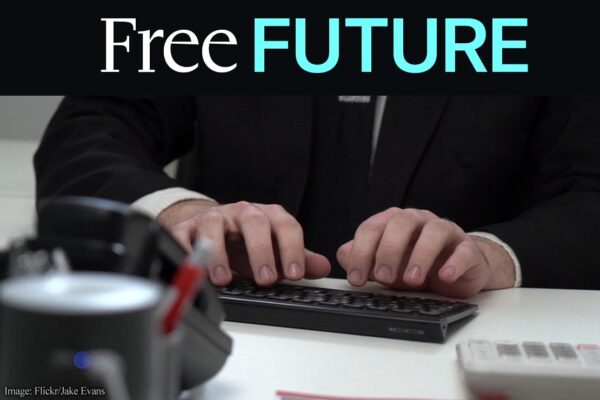ACLU Joins Appeal in Bernstein Encryption Case
FOR IMMEDIATE RELEASE
NEW YORK -- The American Civil Liberties Union has joined with the Electronic Privacy Information Center and a coalition of other computer security experts and civil liberties groups in filing a friend-of-the court brief with the Ninth Circuit Court of Appeals in U.S. v. Bernstein, a case challenging the government's export restrictions on encryption products.
The case is an appeal by the government to a ruling in August that U.S. export restrictions on encryption infringe the First Amendment. That decision, which was stayed almost immediately after it was announced, would have prevented the government from enforcing its encryption rules and from prosecuting anyone who published information on encryption on the Internet.
Encryption programs scramble information so that it can only be read with a "key" -- a code the recipient uses to unlock the scrambled electronic data. Currently, there are no laws that prohibit using as strong encryption as possible inside the United States. But, unless keys are made available to the government, the Clinton Administration bans export of encryption equipment and software, treating the products as "munitions."
The August decision was the second ruling in favor of Professor Daniel Bernstein, an Illinois math professor and expert on cryptography, who attempted to publish his encryption codes on the Internet. Last December, the court similarly found the government's previous encryption export restrictions unconstitutional, but the Clinton Administration released new rules shortly after the decision.
Under the government rules at issue, said Chris Hansen, ACLU Senior Staff Attorney, the Commerce Department is given authority to license on a case-by-case basis the export of encryption material over the Internet. There is no requirement that print material about encryption be licensed, thereby creating different standards for electronic media than other media.
The Court found the distinction between electronic and print media undermined the government's asserted need to regulate encryption export based on national security concerns. The opinion called the rules "so irrational and administratively unreliable that it may well serve to only exacerbate the potential for self-censorship."
The Court also held that the government licensing procedure fails to provide any limits on government discretion in its review of encryption export applications.
In related manueverings, the FBI has been pushing Congress for a new law that -- for the first time -- would limit the kind of encryption technology that Americans can use inside the United States to protect the privacy of their telephone and computer communications, according to ACLU Legislative Counsel Donald Haines.
Congress has considered several measures to outlaw encryption inside the United States unless it has a "backdoor" that allows the coded message to be read by police and other agents, he said.
Haines also warned that creating a "backdoor" for police would also reveal private messages to competitors, hackers, prying neighbors and others seeking to profit from illicitly gained information.
Ironically, the anti-encryption proposals are amendments to Rep. Bob Goodlatte's bill, H.R. 695 -- the "Security and Freedom through Encryption" or SAFE Act -- a bill that was originally intended to ease controls on export of strong encryption technology.



